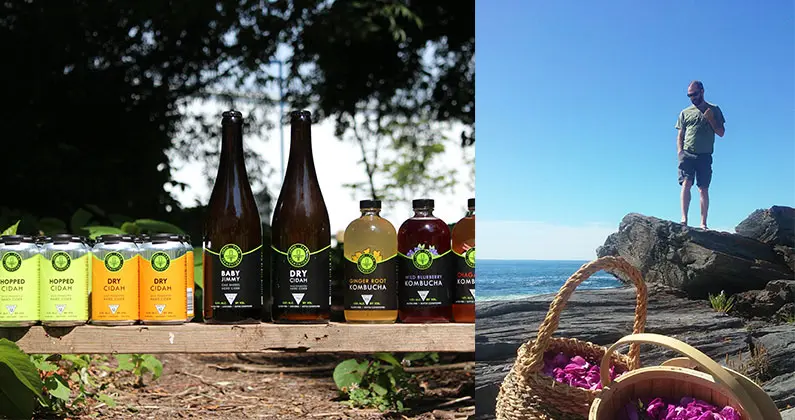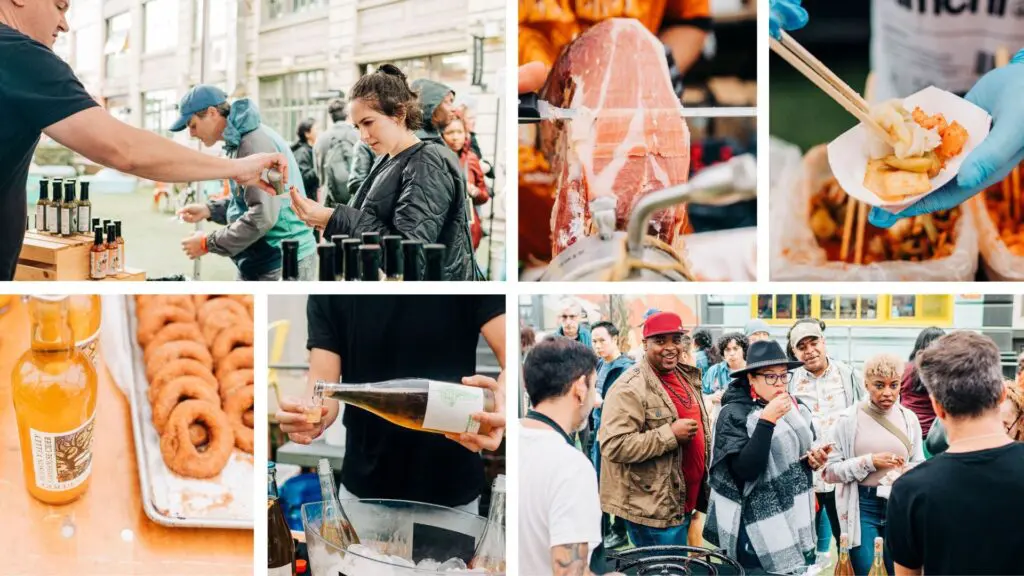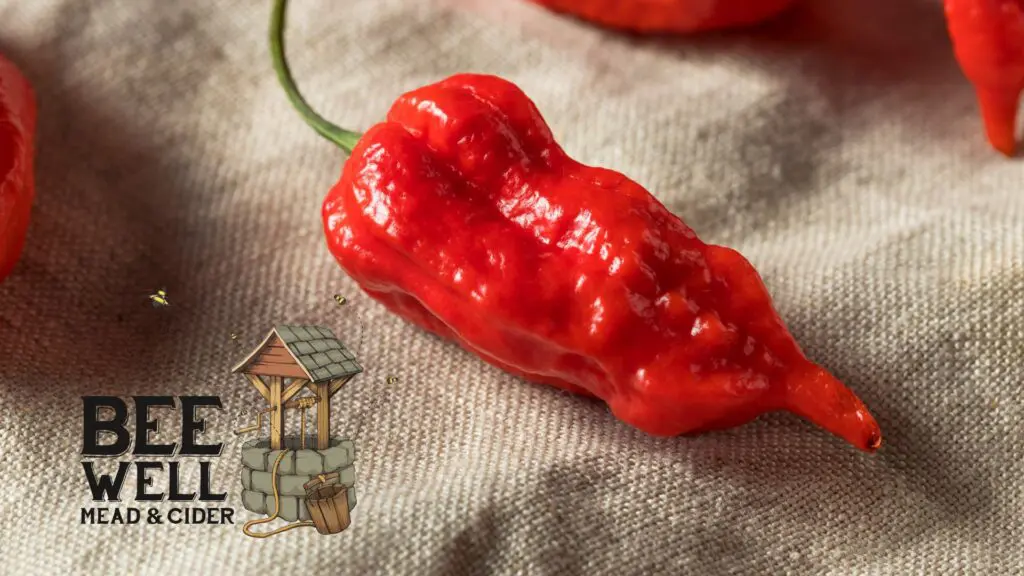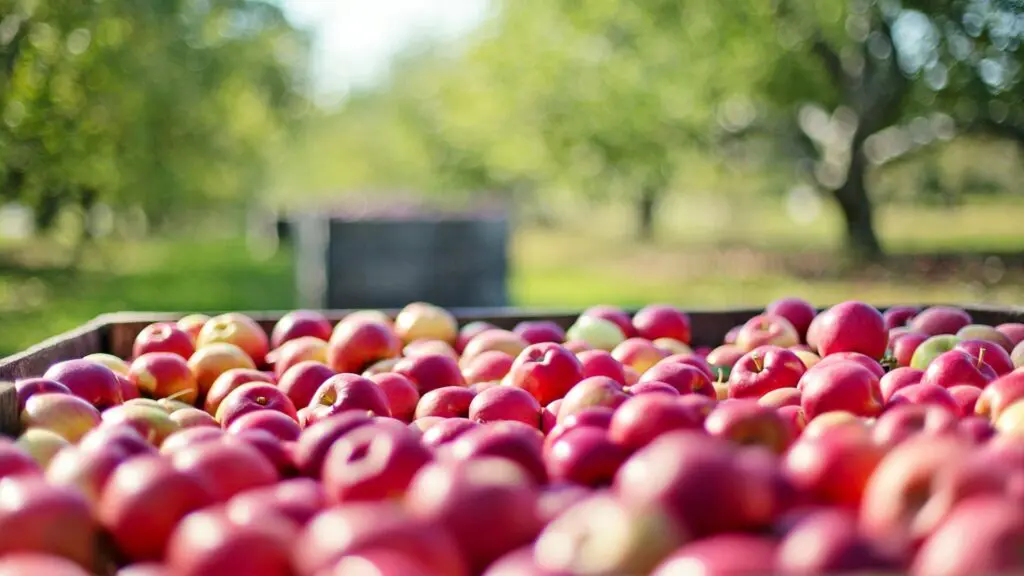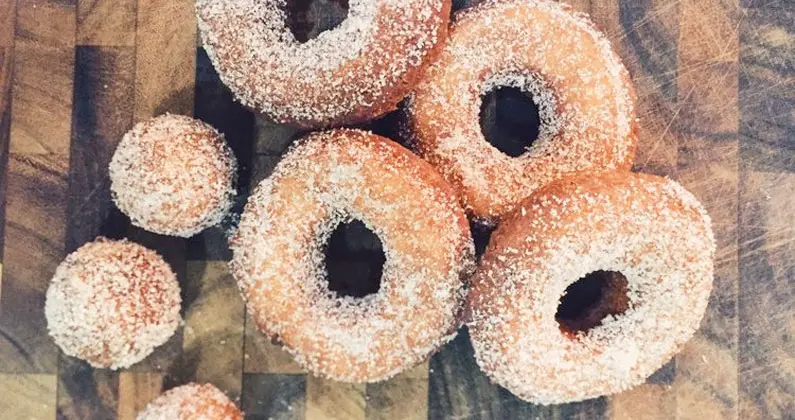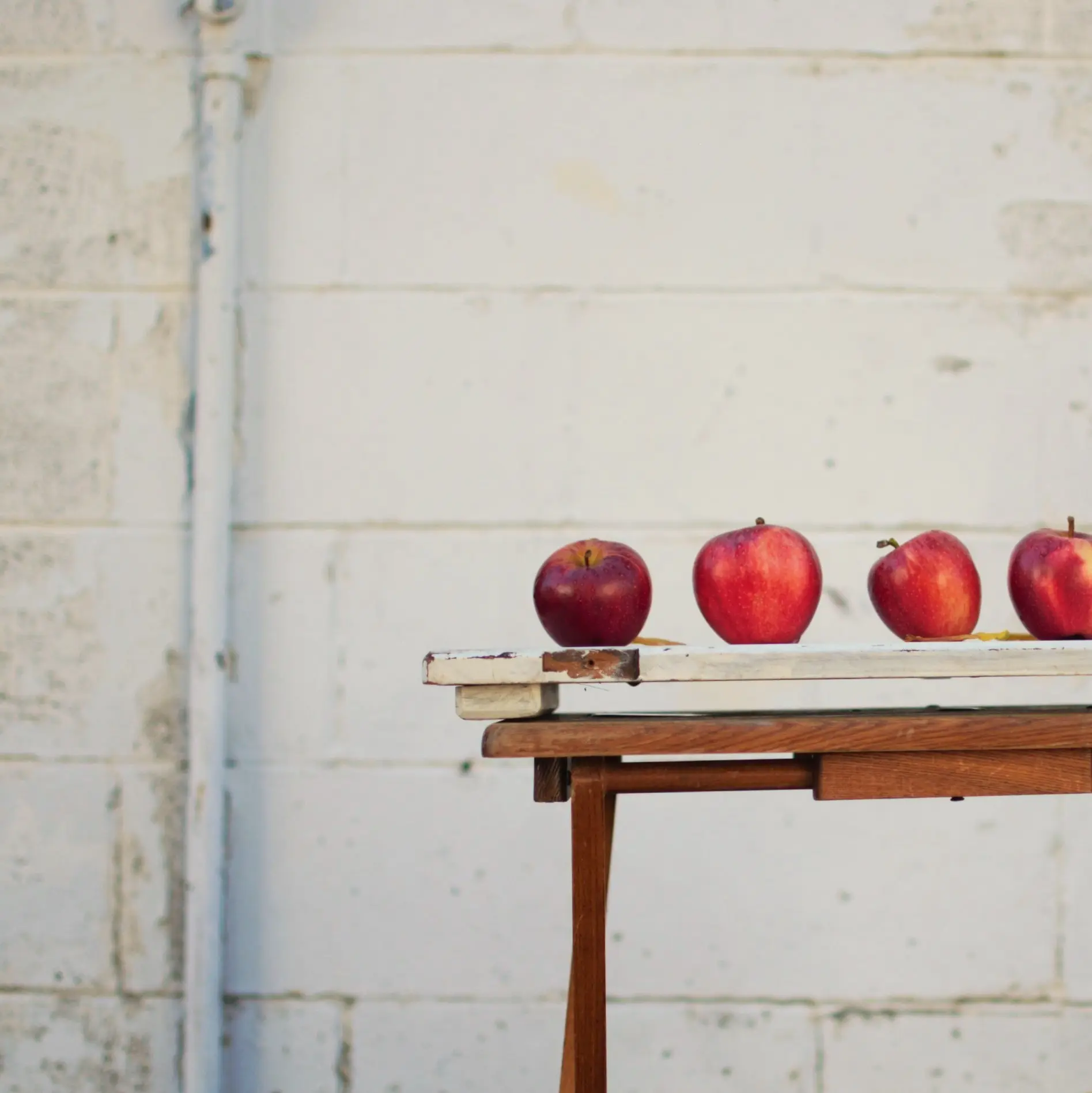The foundation of every alcoholic beverage is fermentation. At Urban Farm Fermentory (UFF), located in Portland, Maine, co-founder Eli Cayer and his team brew fermented beverages beyond the traditional cider, beer and mead. CIDERCRAFT caught up with Cayer to learn about his approach to fermentation and his love of experimentation.
CIDERCRAFT: What’s the story behind Urban Farm Fermentory and how did you pick the name?
Eli Cayer: I’ve had this interest, which was developed through the mead-making, to create beverages flavored from sources that were locally available and in season, preferably with some known medicinal value. I was in Portland and had the idea of a small urban farm that grew herbs and various things as a base for a fermentation center. That’s where the word “fermentory” comes from — I made that word up to explain an ability that produces all kinds of fermented foods and beverages. Even though UFF started with cider, the concept is about fermentation.
CC: What are the challenges of each product in regard to fermentation?
EC: Every product has its own area in our building. Kombucha has its own bay because it likes it warm between 70-75 degrees Fahrenheit, whereas cider and meads like it cooler. The beers are in a completely different section because we don’t want to cross-pollinate the yeast. Unless we’re trying to — kombucha and jun [honey-based kombucha] are open-air fermentation, but the cider, beer and meads are closed. We’re doing a lot of cross-pollination, which means taking yeast that we’re using in our meads and adding some to the cider, or adding the cider yeast to some of the beers or gruit [herbal ale]. We’ve also been adding kombucha cultures to everything. It’s really fun because no one is doing this work or haven’t commercially explored it in a way that’s really available to people.
CC: What are people’s reactions to your products, such as jun, which they’ve probably never heard of before?
EC: That’s the fun part about it. People come to us because they know of cider, because it’s broadly understood what the taste of cider is. They show up and say, “I don’t drink kombucha.” They try some and say, “This is delicious and it’s good for me?” Or they show up for cider and find out about the mead or gruit, or they come for the kombucha and they find out about everything else. We teach people what these cultures are about, give them examples as bases and then also as infusion flavors.
CC: Do you find it’s your experimentation that draws people to UFF?
EC: Visiting us is always a bit exciting because you never know what you’re going to get. We have tons of regulars who know what they like, and at the end of the day, for whatever reason they’re coming, that’s good. Generally they’re coming because, for the most part, it’s not about the alcohol, although the cider, beer and mead have it. I think people visit for our experimental products, which happen to have alcohol in them.
This story originally ran in Volume 7 of CIDERCRAFT magazine. For the full story and more like it, click here.

